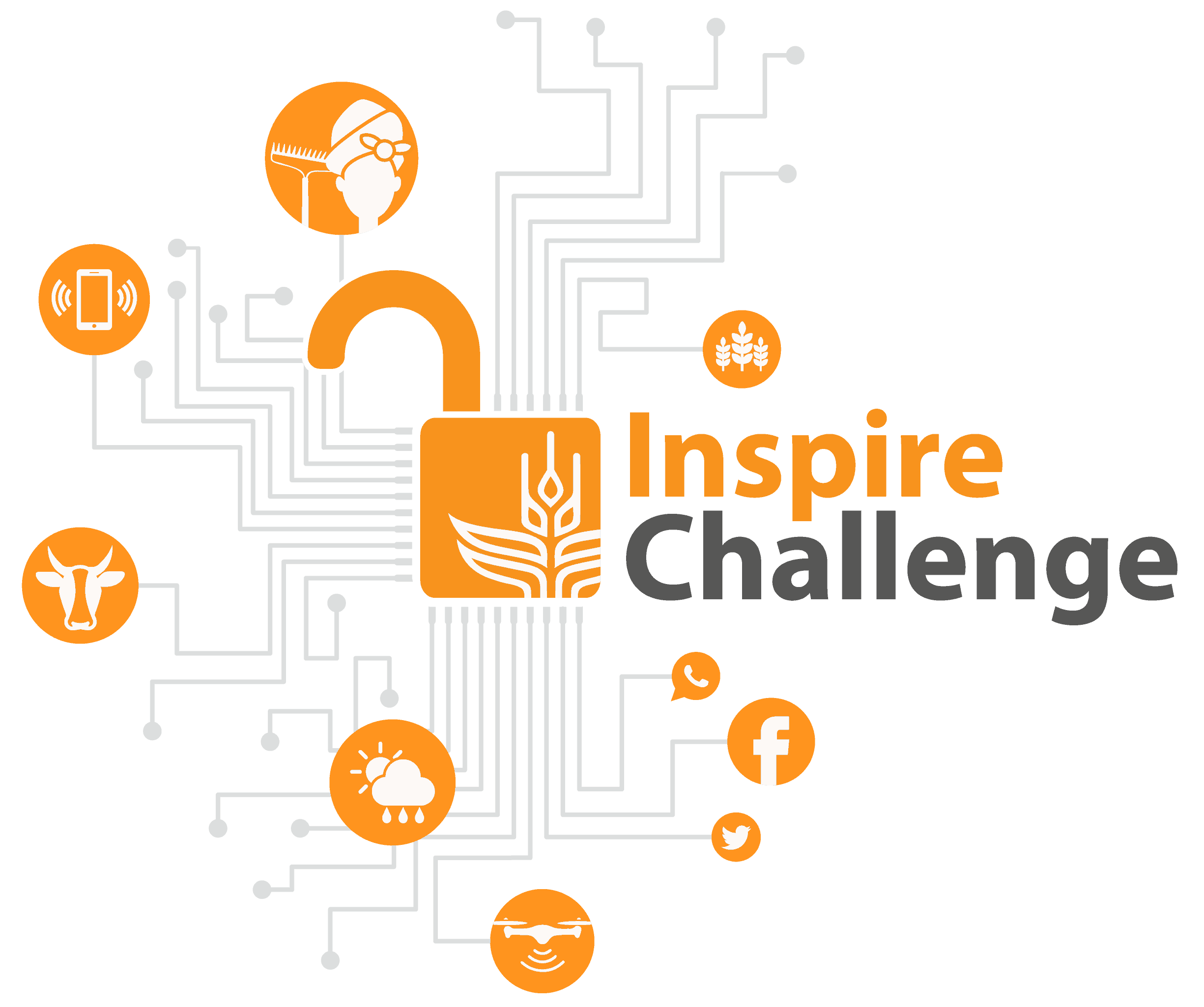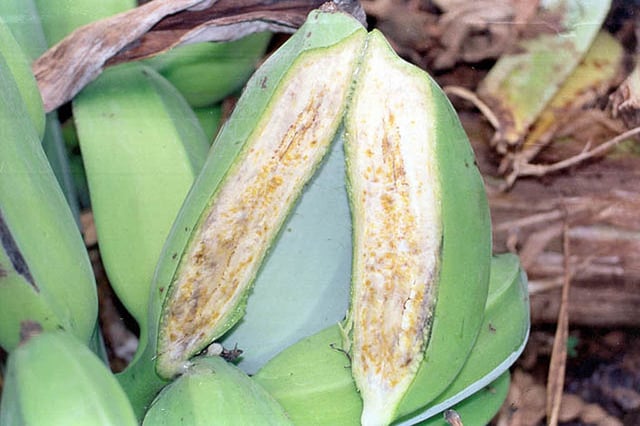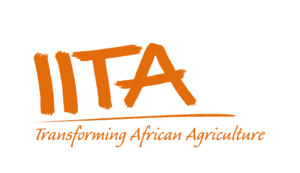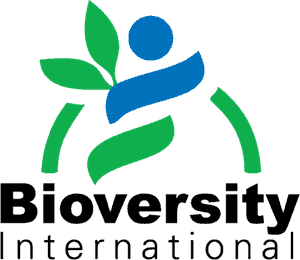
Inspire Challenge 2017 Proposal
ICT-based citizen science for preventing Banana Xanthomonas Wilt
Banana Xanthomonas Wilt (BXW), a bacterial disease, continues to affect millions of banana farmers throughout East and Central Africa.
Neither an effective cure for infected plants nor any disease resistant varieties are available to farmers today. BXW threatens food, income and nutrition security at the farm and regional level.
Its current management is ineffective, because (i) practices are not tailored to local socio-economic and agro-ecological conditions, (ii) it relies on often-weak public extension systems rather than exploring alternative service delivery systems, (iii) it focusses on disease control rather than on prevention of new outbreaks, and (iv) information does not reach end-users of different gender and age groups.
An idea to solve this
Mobile technologies offer enormous potential to crowd-source data through ‘citizen science’, integrating scientific knowledge and local observations through a communication platform. This enables a more cost-effective two-way exchange of information, and tailored and context-specific provision of services and decision-support.
We aim to leverage this potential for timely crop disease diagnostics, early warning, and decision-support. We use BXW disease as a case study to explore the potential contribution of citizen science and ICT-based virtual platforms to scaling BXW management practices and optimizing BXW control.
We thereby consider changes in disease patterns, and additionally social factors such as the impact on farmers of different socio-economic, age, and gender status, and influence on communication and collective action.
This citizen science project will develop and pilots crowd-sourcing and sharing of geo-referenced data on incidence and severity of BXW in banana fields/plantations through the use of mobile (smart) phones in Rwanda. Large quantities of up-to-date observational data from farmers, local experts, and extensionists is combined with scientific knowledge.
This firstly empowers personalized support to more extensionists and male and female farmers for informed decisions on (cost-) effective BXW control strategies (e.g. Single Diseased Stem Removal (SDSR) or Complete Mat Uprooting (CMU)), taking into account the farmer’s specific agro-ecological and socio-economic conditions.
Secondly, it delivers input for an early warning system to manage the wider spread of BXW in East and Central Africa (at regional level).
Crowd-sourced data on BXW incidence, severity and spread thereby feeds into a real-time GIS-based early warning system. Governments can use this information when targeting investments to prevent further regional spread of BXW and supporting timely control.
Participatory principles will be applied in designing and piloting the tools that build on (i) proven technologies such as ODK, web- and mobile-apps, quick codes USSD, SMS/MMS, and voice messaging (IVR), and (ii) existing geographic, agronomic and social data on banana production and BXW.
The predicted impact
Addressing BXW means addressing a real-life and urgent problem in East and Central Africa. We aim to reach as many extensionists and farmers as possible with the outputs of the project.
Piloted tools and access to the virtual platform will therefore be a public good and made available free of cost in e.g. app-stores and online. This way outputs can potentially be scaled to other geographic areas and for alternative (banana) diseases too.
This project will lead to the following outcomes:
- Control of BXW is optimized by providing mobile (smart) phone-based BXW management advice to farmers and extensionists that is based on their report of BXW incidence and severity.
- Prevention of the spread of BXW is achieved by using the incidence and severity data to produce real-time heat-maps that show how BXW is spreading, and inform decision-makers where to focus preventive interventions.

Support this Proposal
The Platform for Big Data in Agriculture is all about the creating connections to build the capacity’s need to inspire real change in the agriculture sector.
The aim of the Inspire Challenge is to generate innovative ideas that will revolutionize the future of agriculture using big data tools. You can be a part of the revolution by supporting these initiatives and help secure food for the future.
Contact one of the team members below to ask how you can help realize this idea.
Team:
Marc Schut | Email
Social Scientist and Project Lead (IITA/WUR)
Mariette McCampbell | Email
Scientist and Corresponding Author (IITA/WUR)
Inge van den Bergh | Email
Scientist (Bioversity International)
Boudy van Schagen | Email
Knowledge Sharing Specialist (Bioversity International)
Roseline Remans | Email
Associate Research Scientist (Bioversity International)
Cees Leeuwis | Email
Professor (WUR)







